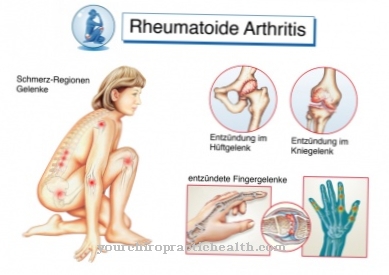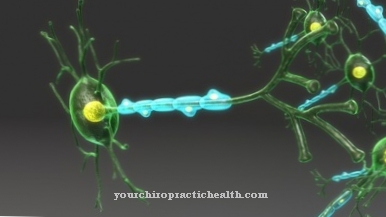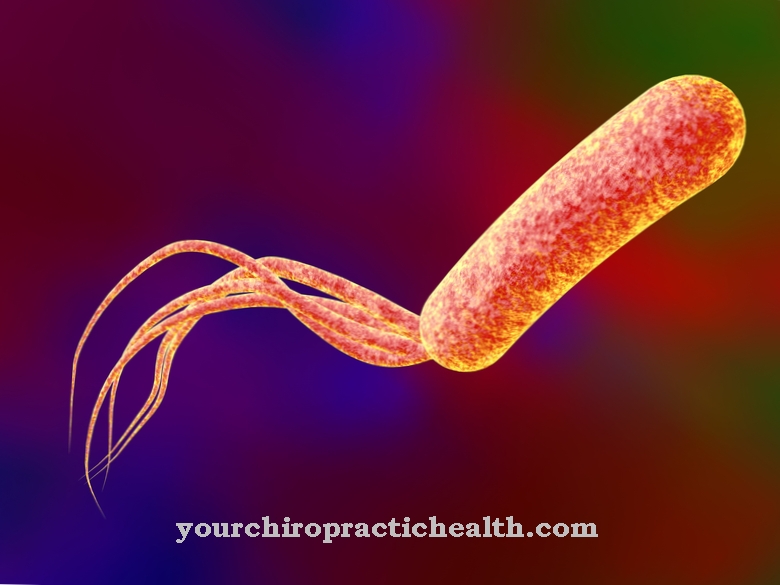Iron, the vital trace element, is required for various metabolic functions and primarily for blood formation. The body cannot produce the micronutrient itself, so it has to be taken in daily with food. The iron requirement doubles during pregnancy. Hence it occurs to many women Iron deficiency during pregnancy.
What is iron deficiency?
Since expectant mothers have an increased need for iron, they are particularly at risk from Iron deficiency during pregnancy The body is usually able to store iron. Excess iron that the body does not use immediately is stored in depots.
The body then falls back on it when it is needed later. Often, however, not enough iron is absorbed through food, so that the iron needs of many women are not completely met. As a result, the storage tanks are not sufficiently filled and an iron deficiency can occur.
The body uses iron every day, so it always has to be supplied with sufficient supplies through food. If the body is continuously insufficiently supplied with iron, the reserves are depleted, which can lead to anemia. This leads to a reduction in hemoglobin. In anemia, less oxygen is transported in the body.
Why do pregnant women need more iron?
The need for iron increases considerably during pregnancy. Above all, the blood volume increases until the pregnant woman has almost 50 percent more blood than before. So she needs more iron because more hemoglobin has to be made.
Iron is also responsible for the baby's growth and brain development during pregnancy. A daily iron intake of around 30 milligrams is recommended for pregnant women to keep the pregnant woman and baby healthy.
Causes of iron deficiency in pregnant women
The blood volume increases in pregnant women by up to 40 percent. The reason for this is that the uterus is growing and needs to be supplied with enough blood. So that sufficient new blood can be formed and thus an optimal supply of oxygen for mother and baby can be guaranteed, the iron requirement in pregnancy doubles.
The trace element iron becomes one of the most important nutrients in this phase, with the iron requirement being highest between the 8th and 22nd week of pregnancy. However, since not enough iron is usually absorbed with food and the body therefore falls back on the small supplies, an acute iron deficiency often occurs in the last trimester of pregnancy.
Symptoms of iron deficiency in pregnant women
Long-term iron deficiency can lead to insufficient production of red blood cells. This often leads to tiredness, exhaustion, nervousness, shortness of breath, as well as insomnia and loss of appetite.
Other possible symptoms are pale skin color, torn corners of the mouth, brittle nails, headache, ringing in the ears and palpitations. An iron deficiency also increases the susceptibility to infections. If the red blood cells are insufficient, it can also lead to anemia.
This often means that the placenta is no longer supplied with enough oxygen and therefore does not develop further as desired. This, in turn, also affects the baby's oxygen supply, which can adversely affect brain development.
In addition, with anemia there is a risk of premature birth or even miscarriage. The risks to the mother include decreased blood reserves at birth. This results in an increased risk of blood transfusions with greater blood loss. The heart is also heavily stressed.
What to do in case of iron deficiency during pregnancy
An iron-rich diet alone is often not enough to meet the daily iron requirement of 30 milligrams. The body can only use around ten percent of the iron that is absorbed through food. In the case of acute iron deficiency during pregnancy, we recommend supplementing food with special iron supplements.
However, it should be noted that these should not be dosed on your own. It is advisable to have a doctor check your blood counts to determine how much iron the body needs to add to avoid overdosing. If you make sure that your diet contains plenty of iron, you don't need an additional iron supplement.
Iron deficiency prevention
Basically it is important during pregnancy to adapt the diet to the increased iron requirement. By consciously changing the diet, iron stores can be replenished before pregnancy in order to cover the increased requirements during pregnancy. There are some foods that are particularly high in iron. These should be consumed more during pregnancy. This includes:
- Lean red meat
- Eggs and fish
- Whole grains, legumes and nuts
- Fruits and dried fruits, especially apricots
- Red juices, for example grape or cherry juice
- Different types of vegetables, especially dark green vegetables like broccoli, spinach, peas and beans
Women who have opted for a vegetarian diet have to pay particular attention to a balanced diet with lots of iron-rich vegetables and cereals such as millet, especially during pregnancy. Vitamin C also helps the body absorb the iron in food. It is therefore advisable to drink plenty of orange juice with meals.
Alternatively, fruits and vegetables that contain a lot of vitamin C are also suitable. Tea and coffee, on the other hand, make it more difficult for the body to absorb iron and should therefore not be drunk with meals.


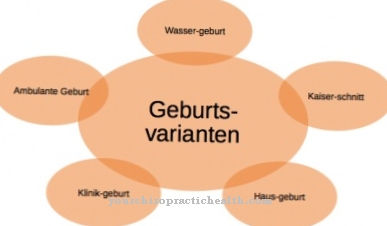



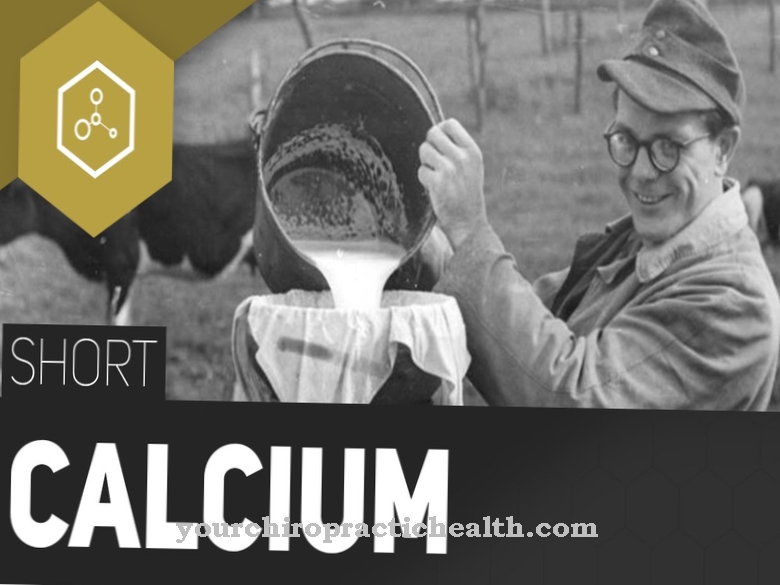

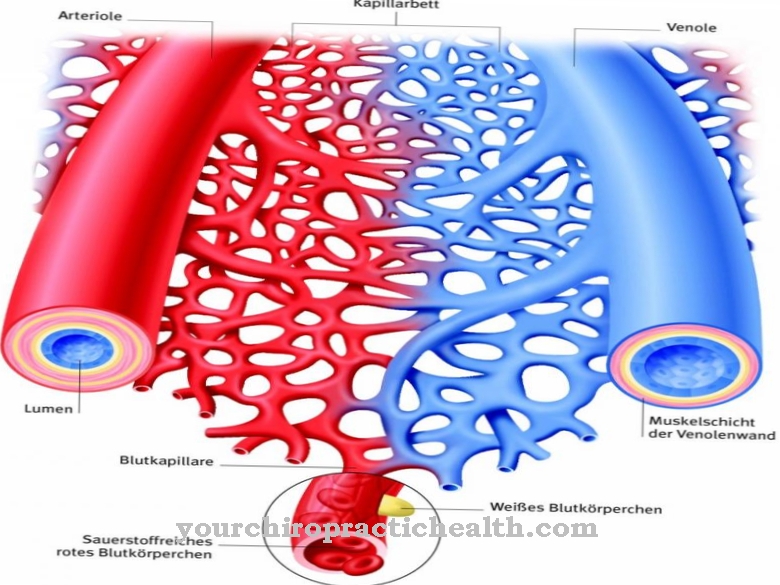





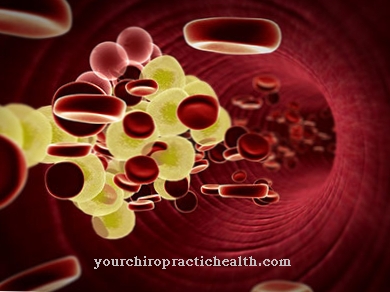
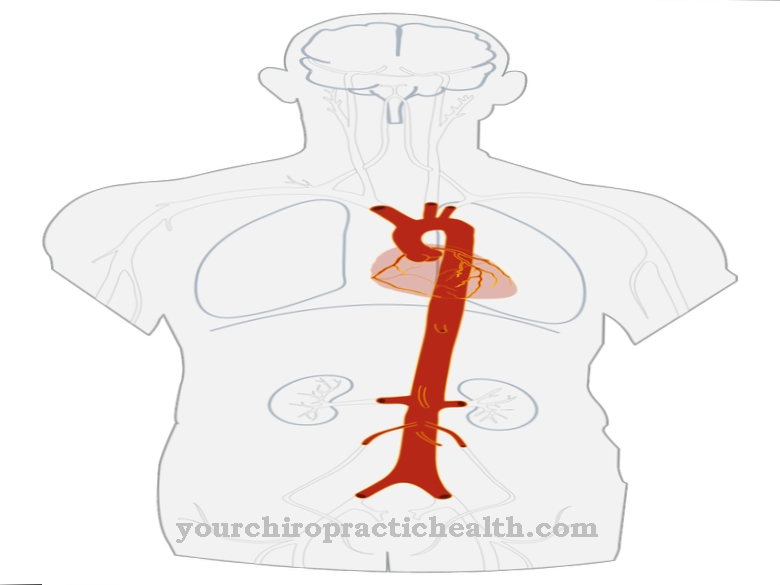

.jpg)


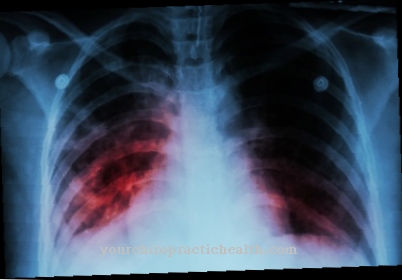
.jpg)

.jpg)
